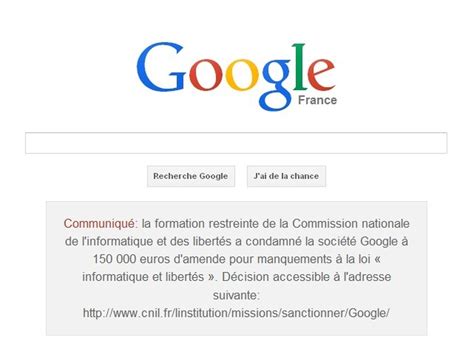In a groundbreaking yet contentious move, a French court has ordered tech titans such as Google, Cloudflare, and Cisco to poison their DNS servers in a bid to curb piracy. This ruling signifies a seismic shift from the stance many of these companies held over a decade ago when they vehemently opposed similar U.S. legislation. A considerable faction within the technology sector, including Google, once harnessed their collective might to protest against the potential alterations to DNS intended to fight piracy. This u-turn in compliance by major corporations like Google raises a multitude of questions and concerns about the evolving dynamics between tech conglomerates and governmental mandates.
The court’s directive compels these companies to selectively alter their DNS responses to prevent access to certain piracy-related domains. From a technical standpoint, the notion of ‘poisoning’ DNS essentially means providing incorrect DNS responses for specific domain requests, effectively blocking access to infringing websites. For instance, when a user attempts to resolve a domain such as footybite.cc, a DNS query to Google’s 8.8.8.8 server would return a refusal with a censored status code, reflecting compliance with the court’s order.
Several commenters on the ruling’s implications have vocalized their perspectives, often highlighting the broader implications of such decisions. One noteworthy commentary pointed out the significant shift in behavior by these tech giants who are now seen as part of the establishment. The blackout protest many years ago was not only about free speech but also about exerting control. Now that these companies have entrenched themselves within the fabric of the governmental and economic establishment, the motivation to resist such mandates has seemingly dwindled. This transformation mirrors an inherent shift from wanting to maintain open internet principles to complying with regulatory frameworks for self-preservation and continued dominance.
Another fascinating aspect to consider is the perception and reception of anti-piracy efforts by the general public and stakeholders. While piracy is legally indefensible, some argue that heavy-handed tactics like DNS poisoning might not be the most effective solution. Many users believe that the real competition lies in providing value and alternatives that can outcompete the convenience offered by piracy. This is underscored by the controversial idea that, in numerous instances, piracy may act as a form of indirect marketing that, paradoxically, benefits copyright holders through increased visibility and awareness. The aggressive stance taken against piracy is often seen as indicative of the underlying profit protectionism pursued by market forces.
Notably, the compliance of tech companies with such rulings isn’t purely out of newfound respect for the law; a significant factor is the avoidance of clashes with governments. Tech entities like Google, Cloudflare, and Cisco are not just global companies—they have substantial operations and legal obligations within each country they operate. Maintaining harmonious relationships with regulatory bodies is crucial, not only to prevent hefty fines but also to avoid more draconian measures that could severely impact their operations. An insightful remark by a commenter captures this dynamic, suggesting that compliance is sometimes less about lawfulness and more about staying in the good graces of governmental authorities to stave off damaging regulations.
One cannot ignore the technical counterstrikes employed by savvy internet users. Measures such as individual VPN services, alternative DNS resolvers, and even decentralized internet protocols demonstrate the adaptive responses of the tech community to bypass these censorship actions. While DNS poisoning may cause hurdles, the resilient nature of internet users often results in creative workarounds that diminish the effectiveness of such blocks. For developers and tech enthusiasts, setting up custom DNS resolvers is becoming an increasingly popular tactic to sidestep imposed restrictions.
In conclusion, while the French court’s ruling represents a significant precedent in the global battle against piracy, it also shows the intricate web of cooperation and contention between technology companies and governments. This incident emphasizes the need for better, more nuanced solutions that balance the enforcement of intellectual property laws with the preservation of open internet principles. As the technology landscape continues to evolve, so too will the strategies and counterstrategies employed by both authorities and users. Notably, the debate around DNS poisoning as a tool against piracy suggests that the balance between regulation and internet freedom remains as delicate—and divisive—as ever.


Leave a Reply